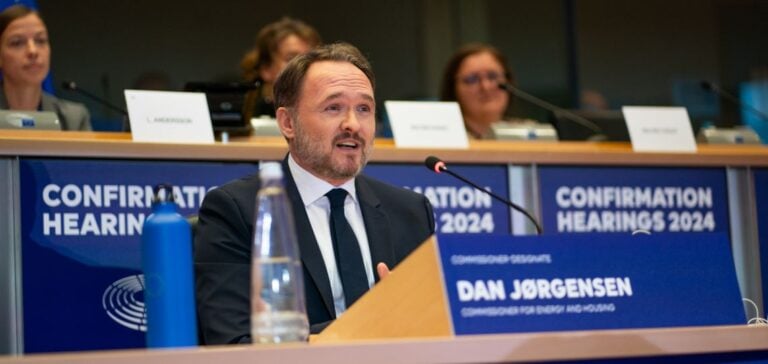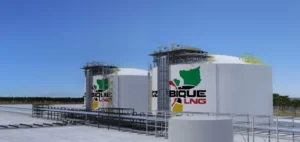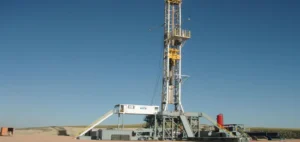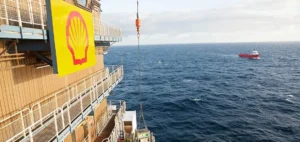The European Union is ready to overcome energy challenges this winter through a strategy combining high gas reserves, reduced consumption, and diversified imports, said Dan Jorgensen, European Energy Commissioner, on December 16.
European gas reserves, which peaked at 95.3% of their capacity at the end of October, remain the EU’s main asset despite a decline due to winter demand. According to Gas Infrastructure Europe, reserves dropped to 76.2% on December 14, a rapid reduction attributed to colder weather and increased power generation.
“We are ready to face the challenges of this winter, thanks to the efforts made to fill our reserves and reduce our consumption,” Jorgensen said following a meeting of European energy ministers in Brussels.
A significant reduction in gas consumption
The European Commission emphasized that the EU had reduced its gas consumption by 18% between August 2022 and July 2024 compared to the average of the previous five years. This reduction amounts to approximately 146 billion cubic meters of gas.
This decline results from energy efficiency policies, better substitution with other energy sources, and the acceleration of liquefied natural gas imports from new partners such as the United States and Norway.
Controversy over Germany’s neutrality charge
On the sidelines of discussions on winter preparedness, concerns were raised regarding Germany’s neutrality charge on cross-border gas flows. Introduced in 2022 to finance Germany’s strategic gas reserves, this tax affects Central European countries such as Austria, Slovakia, and the Czech Republic.
Germany has promised to remove the charge starting in January 2025, but the legislative process remains incomplete, causing concern among neighboring countries. Leonore Gewessler, Austria’s energy minister, stated: “We have positive signals, but it is imperative that the law is adopted on time.”
Monitoring gas prices closely
European gas prices remain under scrutiny, stabilizing around 40 euros per megawatt-hour despite winter pressures. The current neutrality charge, set at 2.50 euros per megawatt-hour, could still evolve as Germany adjusts its legislative framework.
According to Trading Hub Europe, the organization responsible for the charge, it will rise to 2.99 euros per megawatt-hour on January 1, 2025, but volumes at interconnection points will be exempt. This exemption should ease costs for neighboring countries while improving the integration of the European energy market.
A fragile balance to maintain
The European Union appears confident in its ability to manage winter through combined efforts of storage, demand reduction, and import diversification. However, energy ministers continue to monitor the situation closely to avoid any imbalances in an energy market that remains fragile.






















